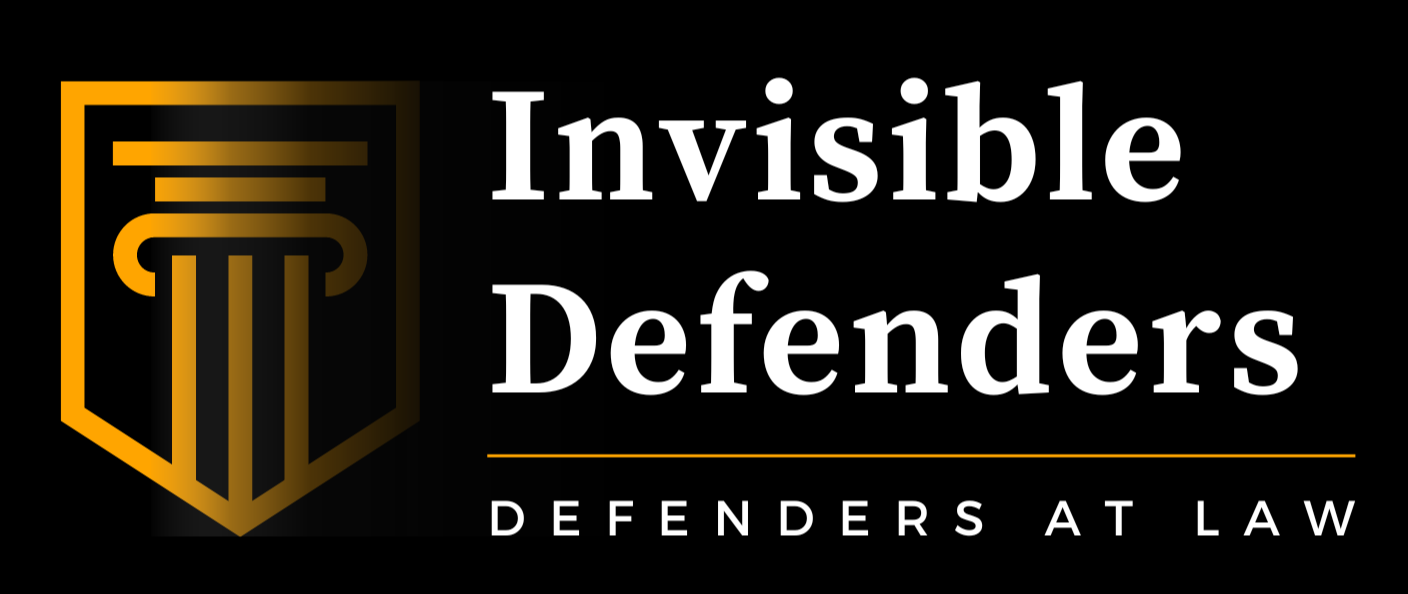
Lawyers are an essential part of society, with their roles in the legal system being crucial to upholding justice. Whether it’s defending a client or prosecuting an opponent, lawyers have an important role to play in our judicial system. But what exactly do lawyers do? In this blog post, we will explore the basic principles of lawyer roles, including how they evaluate cases, represent clients, and deliver court rulings. We’ll also look at what makes a good lawyer and some tips for becoming one.
Read on to find out more about the fascinating world of law and lawyers!
How to Choose the Right Lawyer for You
When it comes to choosing a lawyer, there are many factors to consider. The most important thing is to find a lawyer who you can trust and who has the experience and expertise to handle your specific legal issue. Here are some tips to help you choose the right lawyer for you:
- Determine what type of legal services you need. There are many different types of lawyers, so it’s important to find one that specializes in the area of law that pertains to your case. For example, if you’re getting divorced, you’ll need a divorce lawyer; if you’ve been injured by someone, you need an Ohio law firm that deals with personal injury; if you’re starting a business, you’ll need a business law firm; and so on.
- Ask for referrals from people you know. If you know someone who has used a lawyer before, ask them for a referral. They may know someone qualified and trustworthy.
- Do your research. Once you have a few names of law firms, do some research on each one. Check their website, read online reviews, and talk to people you know who have used their services before. This will help you narrow down your choices and choose the best lawyer for your needs. Say that you need legal aid for estate planning. You may have already explored the options available and found a few, including The Martin Law Firm (check out their site at https://jbmartinlaw.com/). Ensure you proceed by conducting comprehensive research on the web for each of your choices. Examine client testimonials and evaluate their work quality. This step will furnish you with valuable information about their reputation and competence, enabling you to make an informed decision.
- Schedule a consultation. Once you’ve chosen a few lawyers that you’d like to speak with, schedule consultations with each one. This will allow you to meet with them in person, ask questions, and get more information about their qualifications and experience During the consultation, prepare a list of questions that address your specific concerns and requirements. This is the ideal time to inquire about their experience, the types of cases they have handled, and the outcomes they have achieved for previous clients. Understanding their track record and success in similar cases can provide you with confidence in their abilities..
- Make sure you’re comfortable. Feeling comfortable and establishing trust with your chosen lawyer are fundamental factors that can greatly influence the success of your estate planning process. It’s essential to find a lawyer with whom you can openly communicate and share sensitive personal information without hesitation. Additionally, consider the lawyer’s responsiveness and availability. A lawyer who promptly returns your calls or emails and keeps you updated on the progress of your case can provide a sense of reliability and reliability.
Choosing the right lawyer is an important decision. By following these tips, you can make sure that you find a lawyer who is qualified, experienced, and someone that you can trust.
The Three Main Roles of Lawyers
There are three primary roles that lawyers play in the legal system: advocates, advisors, and negotiators. Lawyers may act as either or both advocates and advisors in a variety of settings, including courtrooms, law offices, and legislatures.
As advocates, they present arguments on behalf of their clients to convince a judge, jury, or other decision-makers to rule in their favor. As advisors, lawyers provide legal advice to clients based on their knowledge of the law and often help them navigate the legal system.
Lawyers also serve as negotiators, working with opposing parties to try to reach agreements that are in their client’s best interests. In addition to these main roles, lawyers may also hold other positions within the legal system such as judges or mediators. They may also serve in public service roles, such as representing underprivileged clients or offering pro bono services.
The Duties of a Criminal Defense Lawyer
A criminal defense lawyer’s job is to represent their client in a criminal court of law. They are responsible for researching the case, interviewing witnesses, and preparing the defense. They also work with their client to ensure that they understand the charges against them and the possible outcomes of their case.
The criminal defense lawyer’s job may include negotiating a plea bargain with the prosecutor to reduce or dismiss charges, arguing for an acquittal in the trial, or filing appeals to higher courts if necessary. The lawyer also has the responsibility of protecting their client’s rights throughout the process, ensuring that they are treated fairly by the court and given due process. Additionally, they may provide advice on potential sentences or consequences of pleading guilty or being convicted.
When trying to find the best criminal defense lawyers, it is advised to look for those with a proven track record of success in similar cases. Moreover, it is also important to consider hiring someone who is experienced and knowledgeable about the legal system and is willing to fight for the client’s rights.
The Duties of a Personal Injury Lawyer
A personal injury lawyer serves a crucial role in advocating for individuals who have suffered harm due to the negligence or wrongful actions of others. Their primary duty is to provide legal representation and support to their clients throughout the entire legal process. This includes investigating the circumstances of the injury, gathering evidence, assessing damages, and negotiating with insurance companies or opposing parties to secure fair compensation.
Personal injury lawyers also prepare and file legal documents, such as lawsuits, when necessary, and represent their clients in court proceedings. Their ultimate goal is to ensure that their clients receive just compensation for their injuries, medical expenses, lost wages, and emotional distress while providing guidance and legal expertise to navigate the complexities of personal injury law.
Say that you’ve sustained injuries from a workplace slip and fall accident. In that case, it is advisable to promptly seek the assistance of a skilled slip & fall accident lawyer Rolling Meadows or an equally qualified professional in your local area. Their expertise can not only help you navigate the legal complexities seamlessly but also ensure that you receive the rightful compensation you deserve for your injuries and losses.
The Duties of a Corporate Lawyer
A corporate lawyer is responsible for representing the interests of their clients in a variety of legal matters. Their primary role is to provide counsel to businesses on a range of issues, including mergers and acquisitions, contract negotiation, securities law, and regulatory compliance. They must be able to effectively communicate with clients and other members of the legal team, as well as have strong research and writing skills.
In addition to providing advice to their clients, corporate lawyers are also responsible for drafting and reviewing legal documents, such as contracts and agreements. They must ensure that these documents comply with all applicable laws and regulations. Corporate lawyers must be detail-oriented and have excellent analytical skills to be able to identify any potential legal risks associated with their client’s business dealings.
Conclusion
Lawyers are the cornerstone of a just and orderly society, playing a vital role in upholding the laws that safeguard individual rights and promoting justice for all. Their significance extends beyond legal jargon and courtroom drama; they serve as guides through the intricacies of the legal system, helping individuals and entities make informed decisions about their rights and responsibilities.
Understanding the fundamental principles of lawyer roles is akin to possessing a roadmap through the complex terrain of legal issues and disputes. It empowers individuals to assert their rights with confidence and ensures that justice is not just a concept but a tangible reality, where interests are represented fairly and ethically. In essence, lawyers are the guardians of a society governed by the rule of law, where everyone is entitled to protection, fairness, and equitable treatment.
